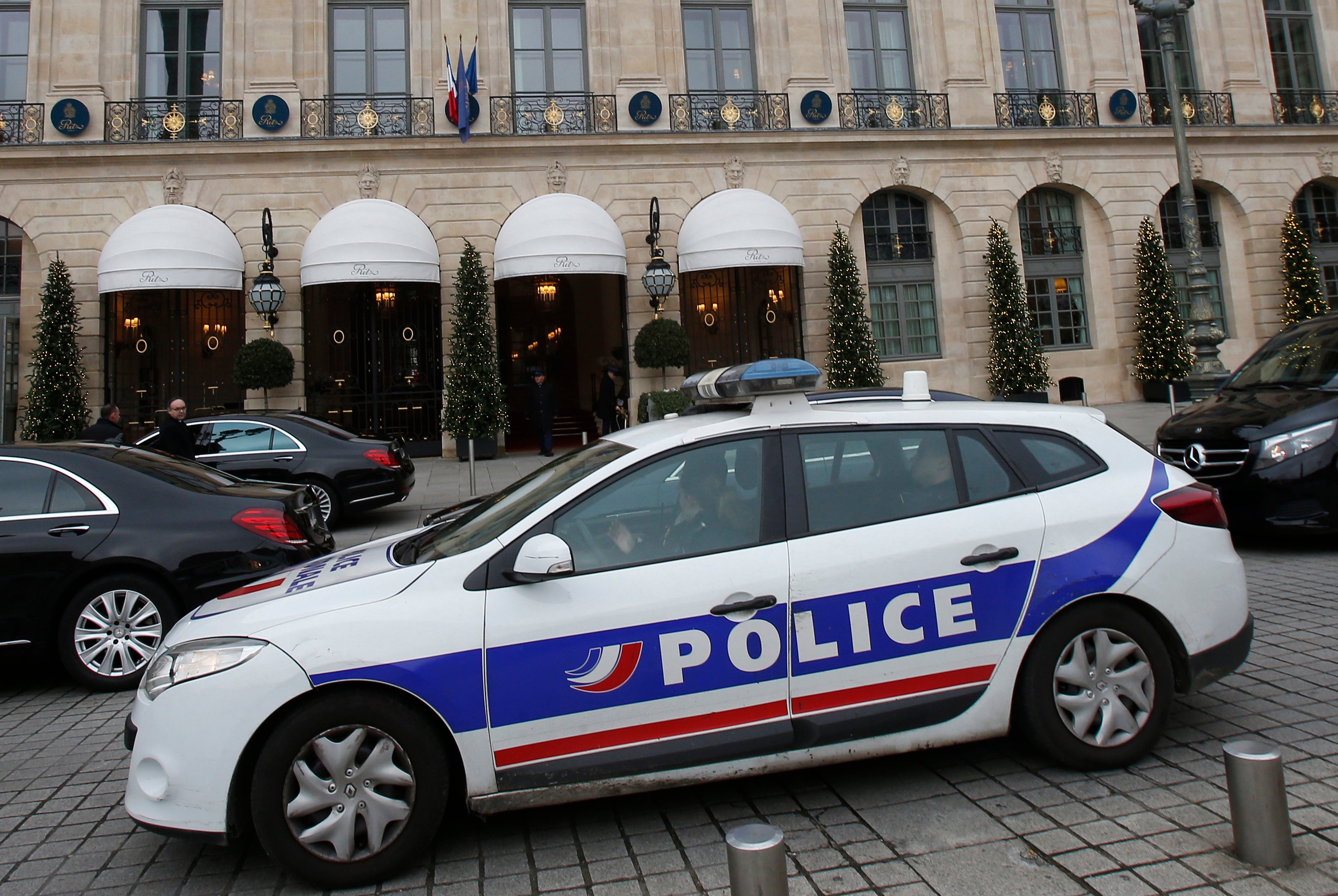French cold case: Ex-police officer linked to rapes, murders
One of France’s biggest unsolved criminal cases appears to have been cracked

One of France’s biggest unsolved criminal cases appears to have been cracked – and the decades-long hunt for a suspect in multiple rapes and killings during the 1980s and 1990s led to a former police officer.
Prosecutors announced late Thursday that DNA from a 59-year-old retired officer corresponded to genetic traces found at the scene of multiple crimes in the 1980s and 1990s.
The horrors began with the rape of an 8-year-old girl in 1986 and continued with five other rapes, a kidnapping and four slayings, mostly of underage girls.
After 35 years of digging, investigators determined that the suspect had worked as a gendarme in the Paris region between 1986 and 1994, and summoned 750 current or former officers for questioning this week.
One, identified in French media as Francois V., did not show up, and was declared missing by his wife, according to a statement by the Paris prosecutor’s office. He was found dead in an apartment in the Mediterranean seaside resort of Grau-du Roi from an apparent medication overdose.
A letter was found near his body admitting he had committed gruesome, unspecified crimes, according to Paris police.
After DNA testing, the prosecutor’s office confirmed that his genetic profile corresponded to that found at several crime scenes.
The 8-year-old girl who is the first known victim was approached in the elevator of her building on April 8, 1986, by a man who identified himself as a police officer, then took her to the basement and raped and strangled her. The girl, Sarah, lost consciousness, but did not die.
A month later, an 11-year-old girl named Cecile was raped and killed in the basement of her Paris apartment building. Her half-brother crossed paths with the suspect and described him to investigators, allowing production of a police sketch that hung for years in many police stations around France.
But police had no leads, so the investigation was closed in 1992. In 1996, a new judge reopened the case and ordered a genetic analysis of the evidence, which made it possible to get the suspect’s DNA.
The same genetic profile was found in several other cases: the killing of a 21-year-old German au pair in 1987, and her employer. The rape of a 14-year-old girl in 1987 in Paris. The kidnapping and rape of an 11-year-old girl in a forest in Mitry, in the eastern suburbs of Paris, in 1994. And the killing of a 19-year-old woman in 1994 in another forest.
Investigators looked in all directions over the years but couldn’t find the perpetrator. Magistrates moved on, and others took over the case.
Francois V had indeed worked as a gendarme and a police officer, and as a town councilor in the town of Prades-le-Lez in southern France.
After this week’s developments, police are now checking his DNA for possible links to other unsolved crimes.
The prosecutor's office praised the “courage and determination” of investigator Nathalie Turquey, whose efforts to keep the case alive helped provide answers at last for loved ones of the victims.
France’s police network launched a “cold cases” unit last year, and a similar effort is under way in the justice system to foster cooperation across regions and jurisdictions.
Bookmark popover
Removed from bookmarks